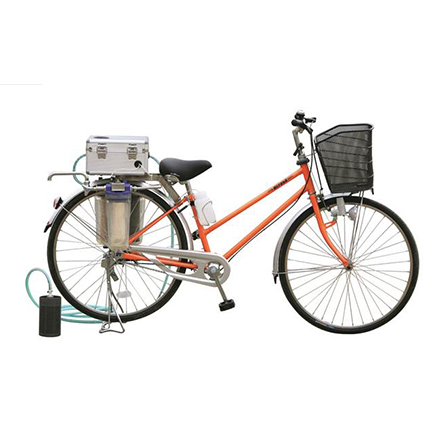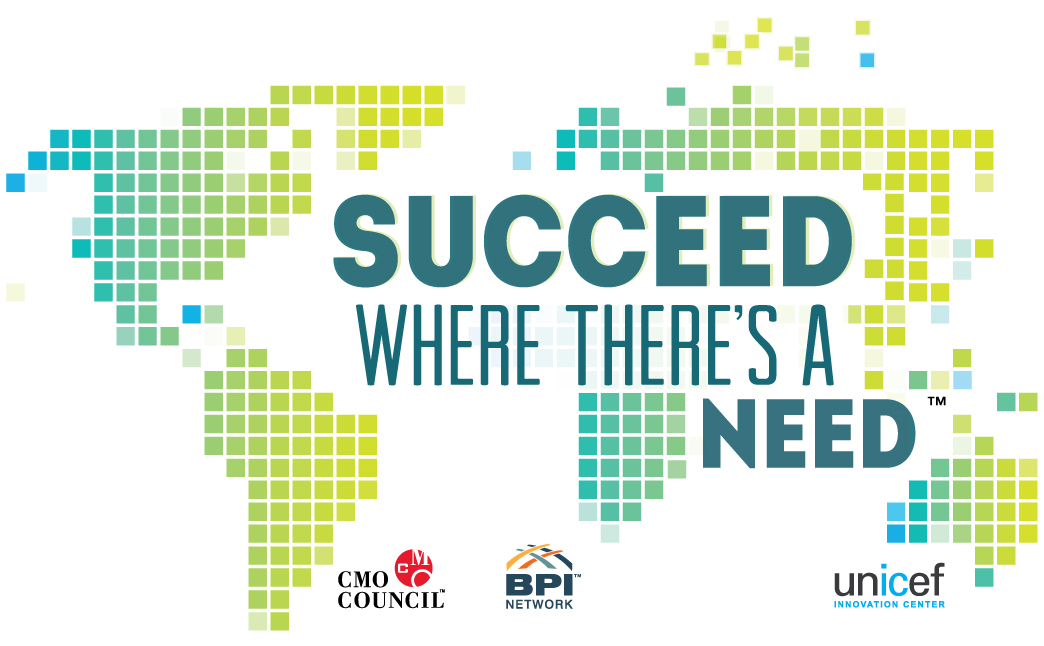Tech Inspirations
CycloClean
 Need
Need
Over a billion people do not have access to clean water and nearly 2 million children lose their lives due to dirty water each year. Even villages that are lucky enough to have systems in place to access water, such as building water pipelines or trucks that transport water from neighboring villages still have a distribution problem. Large trucks cannot access all areas, and women still have to travel with large buckets to access water pipelines. Also, this water can be unpredictable, and there are no backup systems in place in case of an emergency.
SucceedNew Cycloclean is a bicycle water purification system that can be operated without an engine or a battery. New Cycloclean can be used in unelectrified or small local areas, and also in emergency situations after blackouts or natural disasters. New Cycloclean is driven by pedaling the bicycle to operate the water purifying equipment attached to the bicycle. There is no expert knowledge needed to operate New Cycloclean and everyone can purify water with it easily – You just pedal to get clean water! Also, since New Cycloclean is powered by riding a bicycle, one can easily transport the purified water to any desired place - easily accessing destinations difficult to reach by other vehicles.
Today, over one-third of the World’s population does not have access to clean water to drink. New Cycloclean is a cheap, fast, and easy way to access that necessary clean water. It is also a much cheaper option than traditional methods of reaching water, such as carrying purified water with a truck from area to area or building water pipelines. New Cycloclean can purify 6L of raw water (rainwater, river or lake) in just one minute. Also, New Cycloclean can produce water for 150 people in an hour. Filtering is done with 4 filters – 1 pre-filter and 3 regular filters. With these filters, New Cycloclean filters dirt, bacteria and smell from the raw water, achieving high quality purification.
The developers of the New Cycloclean are also putting efforts into educating local people about why clean water is important for their health while promoting their product since educating people about the benefits of clean water is a huge part of the challenge.
Success Story The Japanese-based company Nippon Basic Co. that developed the bikes, has been making them in small batches for over a decade and selling them to local Japanese governments. Nippon Basic's sales have just topped 200 bikes as of November, 2014. There is a push to drop the cost of the bike (about US$6,600) so that CycloClean can make clean-water inroads in places like Bangladesh. Bangladesh has about 60 million people without access to clean water. If the bike can be assembled in Bangladesh and then fitted with the water purification filters, the price will drop down by approximately half of its current price.
"If you can bike to a river, pond, pool or other sources of water, all you need is your leg power to produce clean drinking water," said Nippon Basic's president Yuichi Katsuura. The entrepreneur believes local production will fill demand for jobs as rickshaws start to disappear as the economy grows.
Yuichi Katsuura founded Nippon Basic Co., Ltd., in 2005 in Kanagawa Prefecture, Japan. Before founding the company, Yuichi was a water-purifying specialist for over 20 years with Mitsubishi Rayon. With his expertise at the Mitsubishi Rayon and his strong will and sense of social responsibility, Yuichi founded Nippon Basic. He was honored as the most outstanding entrepreneur of 2006 by Kawasaki City, Kanagawa. At the same time, he was engaged with the City’s municipal office on its water environmental projects. Yuichi frequently travels to other Asian countries experiencing problems with adequate clean drinking water to introduce them to how his products can help solve this global problem. Yuichi’s company, Nippon Basic, manufactures and markets state-of-the-art water purifying equipment that is both affordable and portable. Their expertise comes from their experience in coping with 1995 and 2011 earthquakes in Japan. Their mission is to alleviate the suffering of people who lack clean drinking water due to natural disasters, hazards or other adverse environmental causes.



